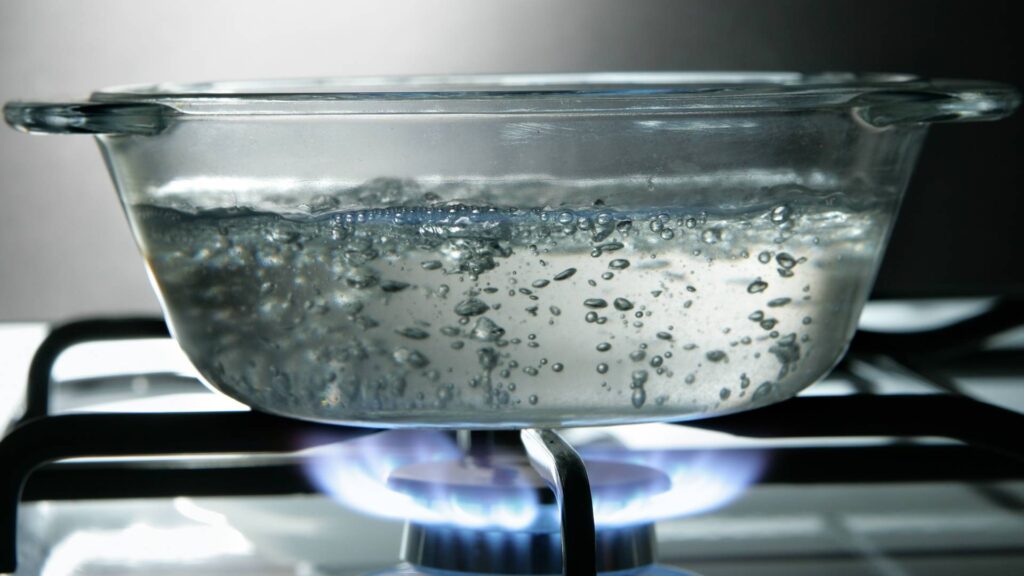
Common science dictates that water for human consumption should be clean and free of contamination. This implies sourcing water from a fresh, untainted source, filtering or boiling it, and storing it for later use.
Notably, utility companies have revolutionized access to water, making it as easy as turning a knob in the kitchen or at the dining sink. Yet, a persistent question nags at the minds of consumers: Is tap water truly safe to drink? Companies like the National Water and Sewerage Corporation (NWSC) insist that tap water is safe, but doubts persist.
Scientists provide various scenarios in which boiling water remains essential. For instance, if tests reveal the presence of microorganisms, boiling becomes imperative to eliminate these potential threats.
In regions with erratic pressure drops due to equipment malfunctions or power outages, boiling water is a precautionary measure against the repercussions of pressure fluctuations since maintaining optimal pressure is crucial to prevent infiltration.
Water main bursts and distribution line pipe cuts also underscore the need for caution. Although prompt repairs aim to restore supply, impurities might find their way into the network. Repair workers often flush the mains to control this, but boiling is recommended to eliminate any lingering impurities that the flushing process might have missed.
In cases of water source flooding caused by waste disposal or natural disasters, scientists advise boiling. This particularly holds true in areas where untreated water is drawn, bypassing the treatment process.
NWSC assures that its treatment processes adhere to World Health Organization (WHO) standards, ensuring the safety of treated water. Nevertheless, the corporation advises consumers to boil water beyond the meter point due to uncertainties surrounding plumbing materials.
Given the above, I suggest that households and businesses contemplate boiling their water or installing water filtration systems to ensure the consumption of safe, untainted water.


